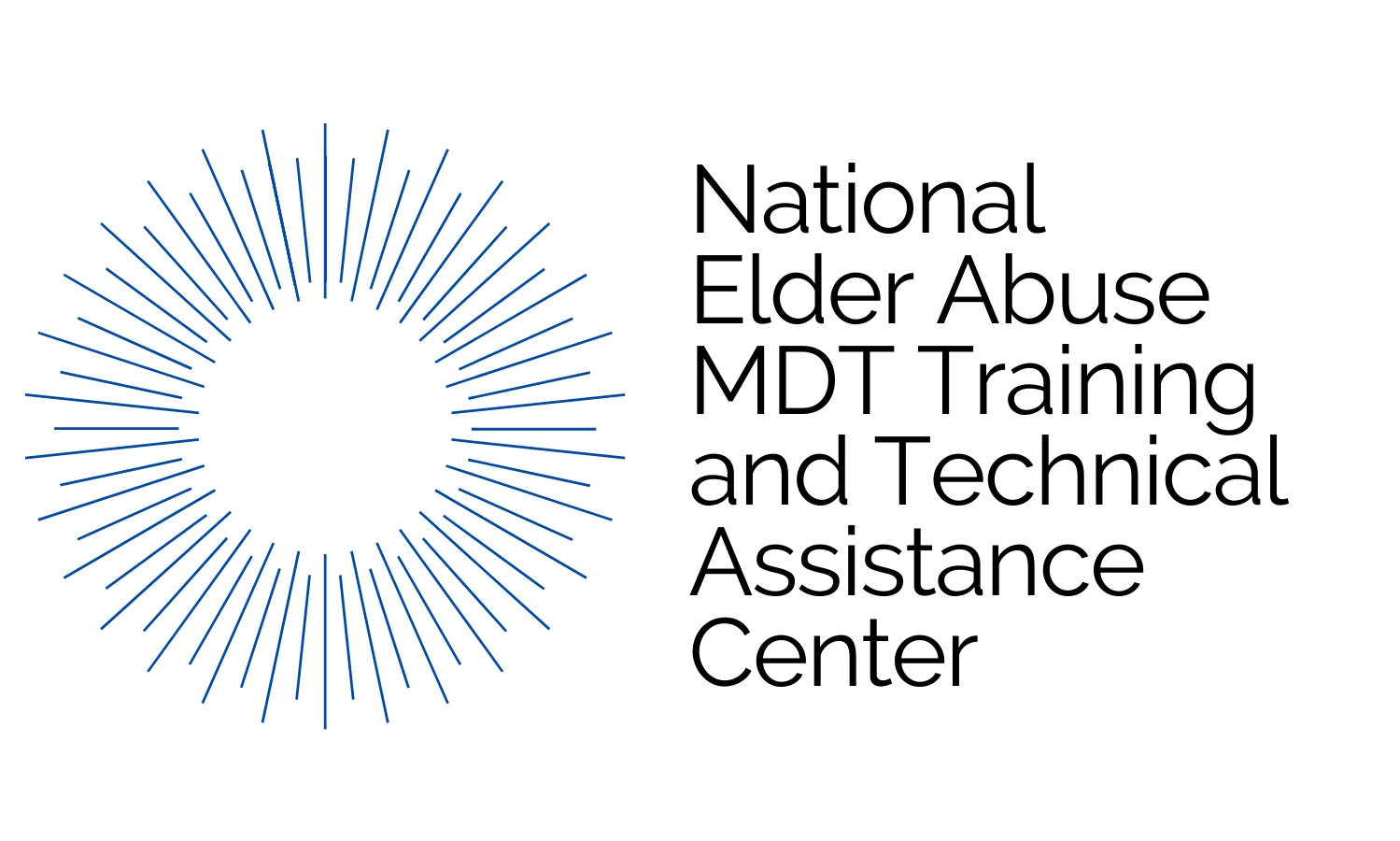
Karen Yost, MA, has over 30 years’ experience providing, developing, and overseeing services for individuals with behavioral health issues, SUDs, and intellectual/developmental disabilities. She is a Licensed Social Worker and Licensed Professional Counselor. In addition, she is a Nationally Certified Counselor, Approved Licensed Professional Supervisor, Master Additions Counselor, Clinically Certified Domestic Violence Counselor, Certified Sex Offender Treatment Specialist and Certified School Counselor for grades K-12. She has extensive experience in training, trauma-informed practice, multi system collaboration, working with first responders and law enforcement and working with rural and economically challenged communities. She has served as President and CEO of West Virginia’s largest Certified Comprehensive Behavioral Health Center, serving predominantly rural communities providing comprehensive behavioral health care and substance use treatment. She was appointed to serve on the Governor’s Advisory Committee on Substance Abuse that has been a leader in framing statewide and community responses to the opioid crisis and the Governor’s Indigent Defense Commission. She also brings the frontline perspective and experience of program directors across a range of clinical settings as well as expertise in service integration at local, regional, and state levels.
Sustainability in health and human services is the ability of an organization, consortium, or community to maintain a program or specific services and their benefits and outcomes over time. Most programs funded by grants are time limited and funded to address a specific need or gap in community services. Many programs struggle with sustainability, and programs that do not address sustainability throughout all phases of their project may face shutting down after the funding period ends, losing the hard-won improvements and outcomes generated during the funded period. Without sustainability planning precious funds are not maximized and lasting benefits to individuals served cannot be achieved.
It is important to recognize that sustainability is more than just a narrow focus on funding. It is a multifaceted process with a strong focus on program, organization and community, and policy and funding components. Although sustainability includes adequate and continual funding, it also requires putting other resources in place to secure a stable base of support within the organization and community. Eight considerations need to be included in any sustainability planning efforts, including organizational capacity, environmental support, partnerships, program evaluation, program adaptation, communication, funding stability and strategic planning. These considerations contribute important information that comprises the framework to guide sustainability planning efforts.
The steps for sustainability planning include: assemble a Planning Team; conduct a sustainability assessment; review, summarize and prioritize the assessment results; develop a Sustainability Plan; and monitor and update the plan regularly. Addressing sustainability early, using a systematic and concrete approach, significantly contributes to the successful continuation of important programs and services. Regardless of where a project is in its funding cycle, sustainability can still be achieved. It is never too late.

